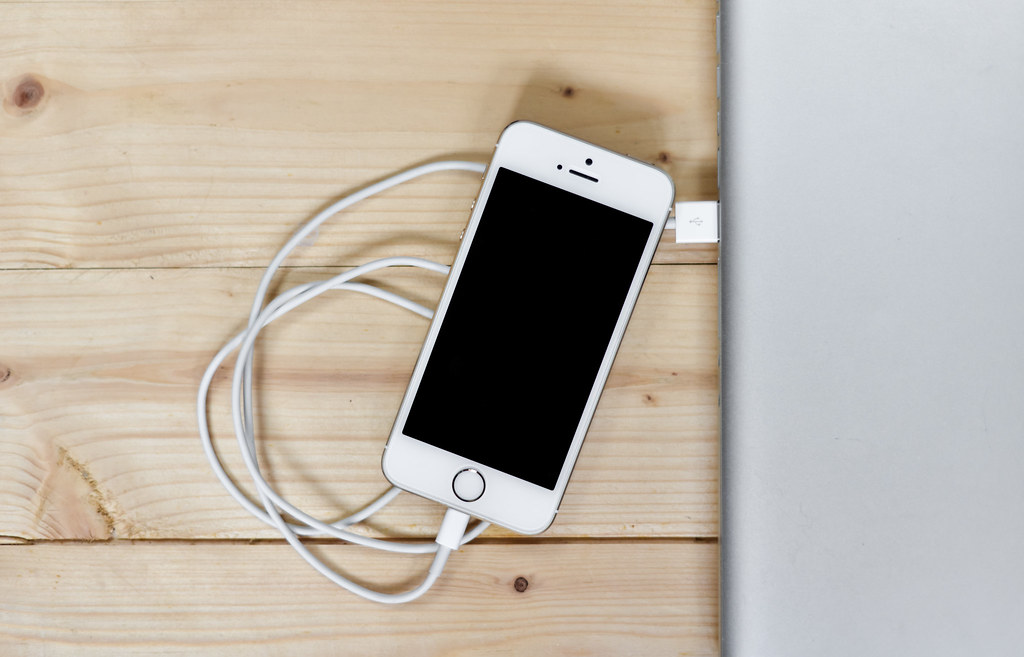Is Generation Z Online Too Much?
A close-up look at a generation flooded with technology
“It’s because of that phone!” A common phrase high school students hear. Parents and teachers have started blaming the Internet for the limited interactions between students, blaming an “Internet addiction.” Yet, this poses the question: are students addicted to the Internet?
“I don’t think I’m in danger of becoming addicted to the Internet,” sophomore Lily McIntyre said. “I usually spend around 7.5 hours online each day, I think this is a good amount of time.”
While 7.5 hours may seem like a long time, according to The Washington Post, the average teenager spends nine hours a day on the Internet; this includes social media, texting, surfing Youtube, and listening to music. In a poll conducted by The Chronicle’s Twitter, 61 percent of participants said they were addicted to their phones, while a mere 39 percent said they were not.
“I don’t think I’m addicted to the Internet, but I have noticed that it affects the way I sleep sometimes,” sophomore Connor Gladstone said.
Experts say there is a possible correlation between the number of time teens spend in front of a screen and brain function. Many teachers are on the fence as to whether the Internet is truly helpful.
“Sometimes the Internet definitely seems to detract from other obligations, but this is more an issue of time management in my opinion,” Spanish teacher Pam Chovnick said. “A student could procrastinate in all sorts of ways besides using the Internet, so I don’t think the Internet is entirely to blame for lack of productivity.”
While this may be true, McIntyre is aware of the ways the Internet holds her back.
“I try to limit the amount of time I spend online so I can still achieve my academic goals,” McIntyre said. “I know the time I spend on the Internet still takes away from opportunities I could be using to hang out with friends and family.”
Students’ behavior has also been impacted by the over the introduction of the Internet into their lives.
“I do believe there are great risks in Internet addiction: social, mental, physical ramifications are the result,” History teacher David Kuzma said. “The amount of time students spend on their phones is most disturbing to me in a social sense. It is disheartening to see so many more interested in staring at a screen more than interacting with others around them. Many are being influenced by people they do not even know.”
Students agree with Kuzma’s view, having witnessed first hand the social deficiencies.
“I really think our social skills as a society have gone downhill,” junior Caroline Thompson said. “People want to text and Snapchat more than they want to have an actual conversation; at least that’s what I’ve seen.”
“I have seen and been in a lot of situations where a face-to-face conversation feels like torture,” freshman Sarah McCoy said. “It’s like, you want to be cool and casual but you don’t know how, and it feels really unnatural and weird.”
According to Psychology Today, a lack of face-to-face interaction is hard on relationships.
“A huge part of communication is based on the subtle details such as body language and voice inflection that can only be conveyed in person. Communication skills are like sports, the only way to improve is to practice,” Publications adviser Shelly Norden said. “When you are at lunch, put the phones away and talk.”
Some signs that teens are spending too much time online include: being obsessed with the Internet; excessive use of the Internet; checking favorite sites first thing in the morning, throughout the day, and the last thing before bed; and having anxiety or irritability when their phone is taken away. Experts are urging teens to put the phones away.




















